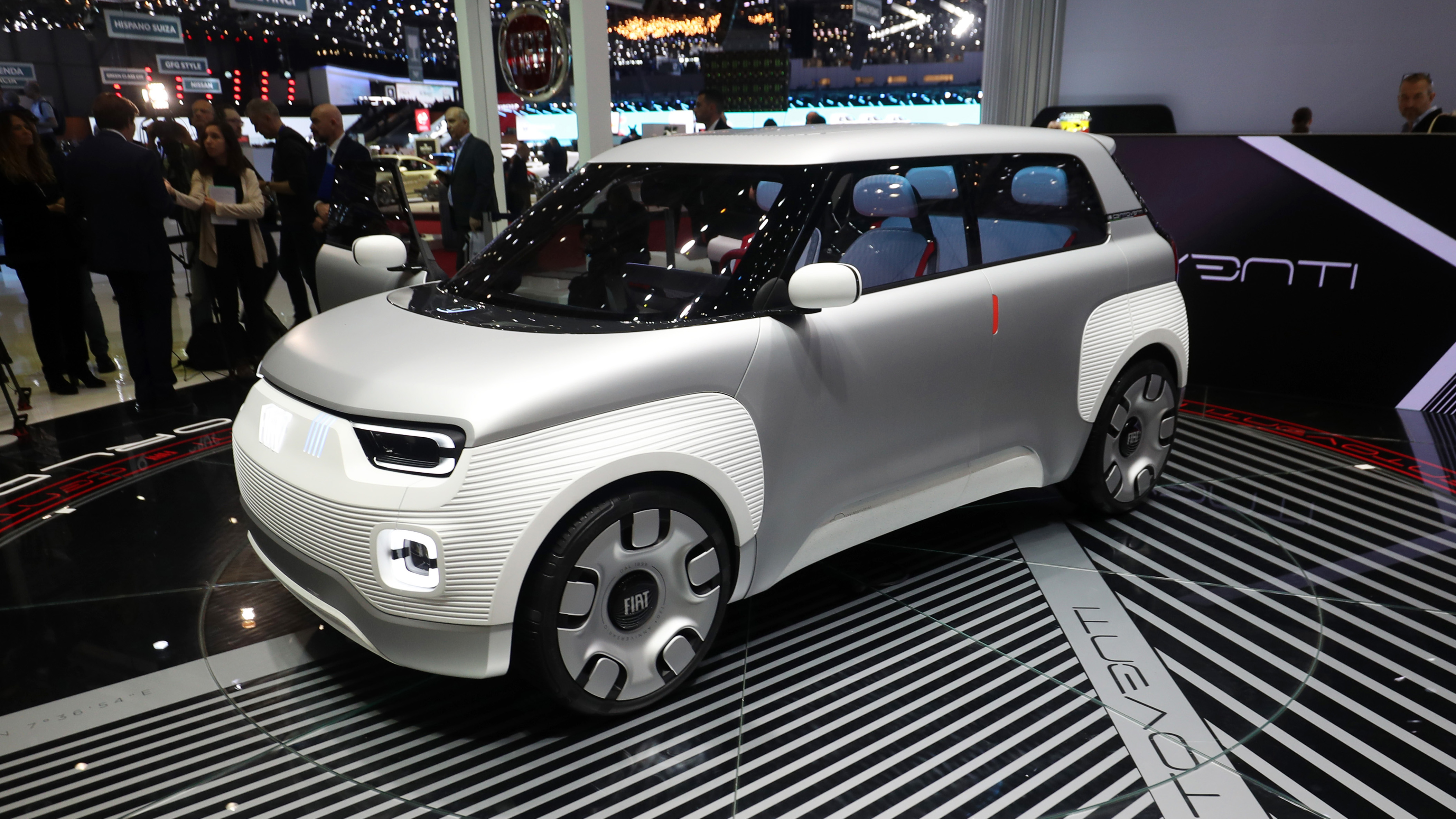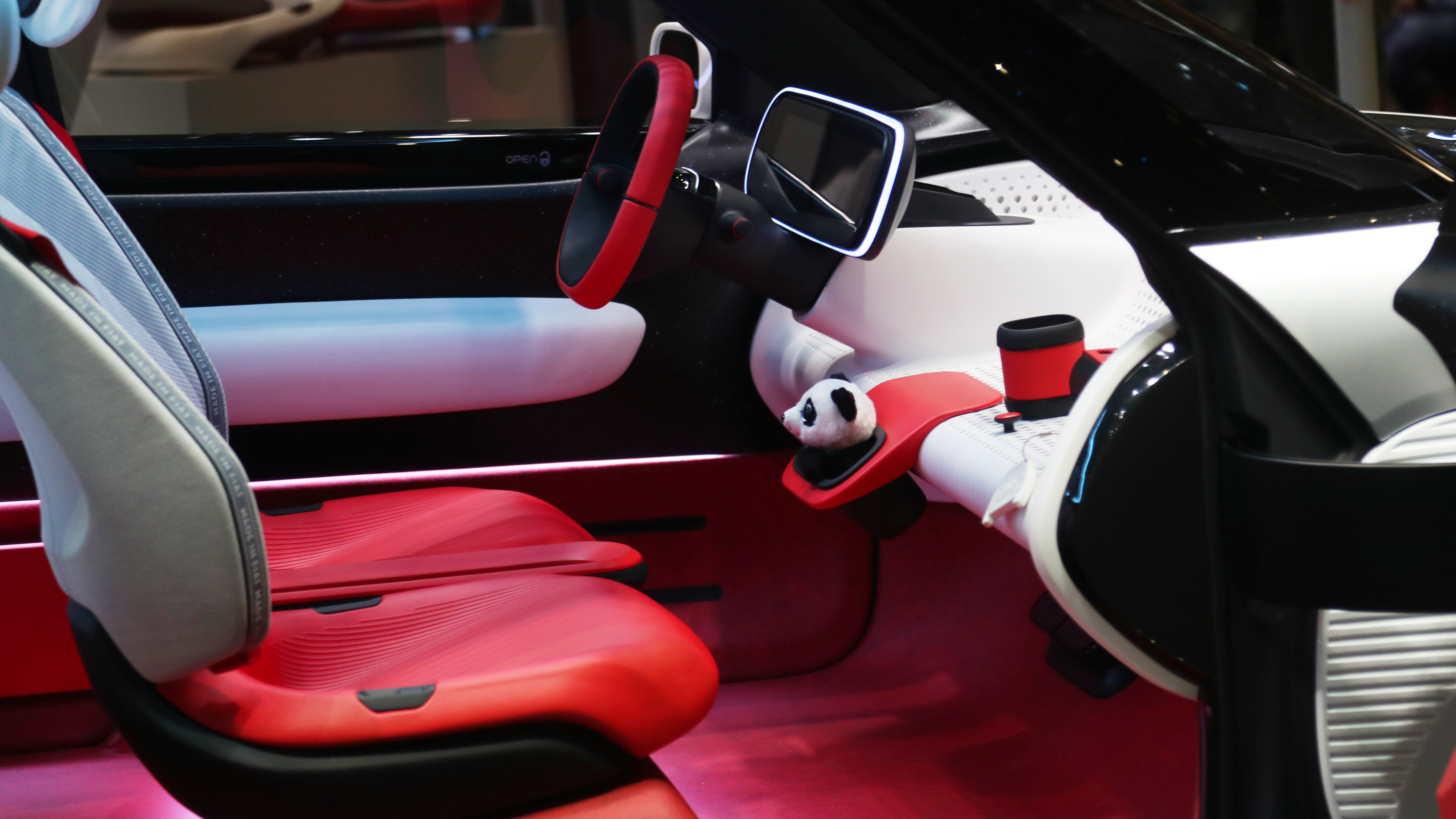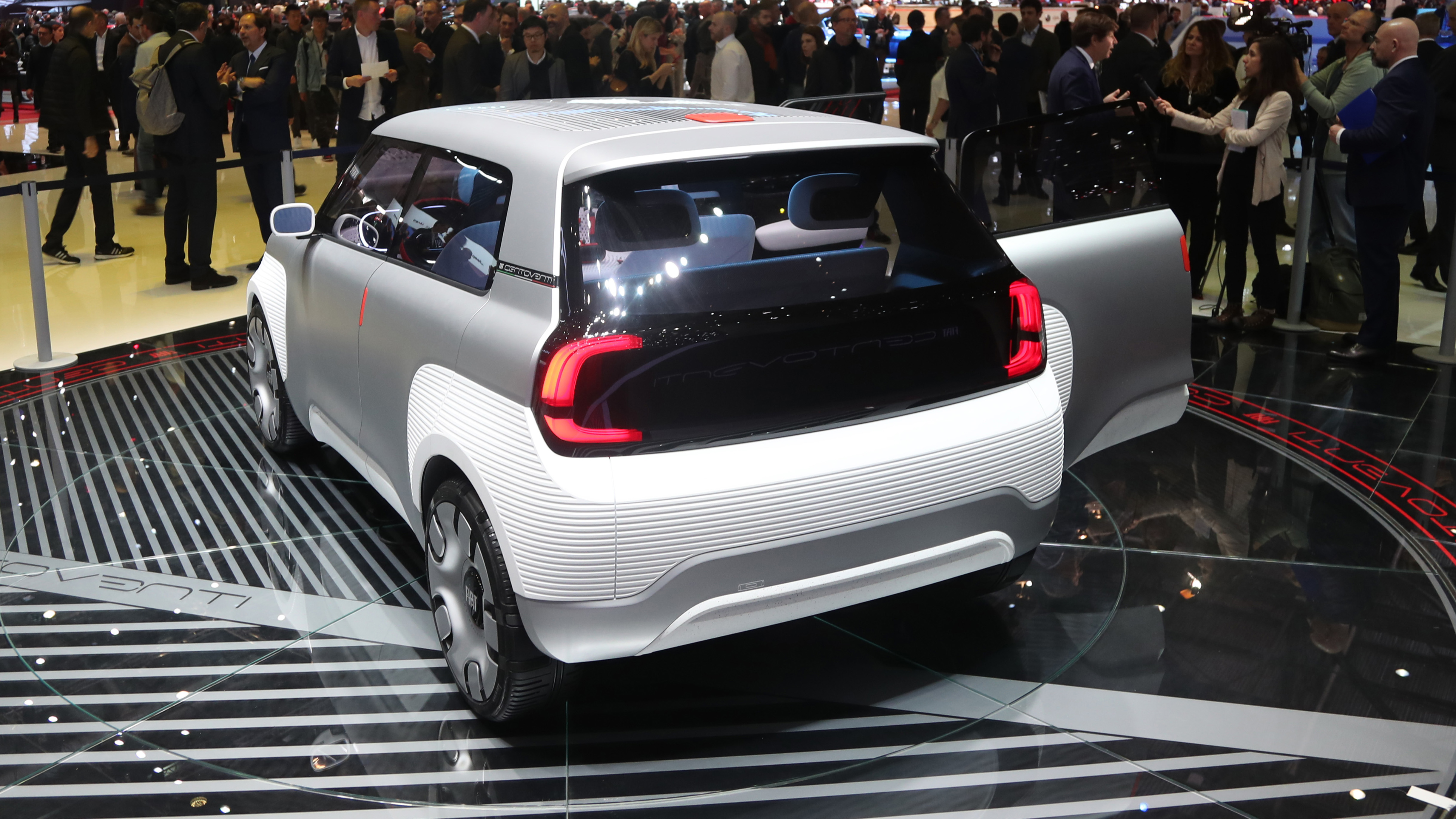
How close is the Fiat Centoventi concept to a production Panda?
Fiat says if it can’t democratise the electric car, it has no purpose. Or future
“I love this concept. It’s been my personal project for three years”, beams Fiat’s marketing boss, Francois Olivier. The Frenchman’s talking about the Centoventi concept, a boxy city car that explores what the new Fiat Panda could be. Electric, for one thing. And cheap. Spartan, no-nonsense, but desirable electric transport.
Begs one big question, doesn’t it: can it be built? Olivier gives an expansive, enthusiastic answer.
“Fiat has a blessing – we are known for spartan, essential transport. For everyone else, that’s just ‘cheap’, but for us, we have legitimacy [with cheap basic cars].” He notes the likes of the Citroen 2CV as a classic of the genre, but wants this new Fiat to bring the idea to the 21st Century.
“The project has lagged,” he admits. “We have had other emergencies. Maybe we started it too early. But now is the right time.”
Olivier says impressively few of the concept’s details will be binned for production. Predictably, the doors are one of them. “99 per cent of concept cars have suicide doors. They add hundreds of kilograms to the weight of the car, so this is one of the things which we would like but probably not do for production.”
There’s a real sense of duty about Olivier, that Fiat is doing something more socially important that merely building a new small car.
“Italy has a social mission, to bring mobility to the masses”, he says, recalling the proud history Fiat has of building very cheap, worthy small cars to get low-income individuals on the road. “If we can be the ones to bring electric vehicles to the people, then we have a purpose. Then we can contribute. Fiat needs to have a purpose, to have a future.”
He says the Centoventi is the right car for this noble task because of what it says about the driver. “It makes a statement about you. It says you’re cool, refined, sophisticated, and it has true Italian-ness.”
The time-frame for production is “two-to-three years”, though if the big decisions get signed off pronto, it could be much closer to two years than three, we’re told. Here’s hoping Fiat can get the sums to add up.
The car is built around a swappable battery pack idea, so you can add more cells if you need more range. Fiat’s man confirms it’s an idea developed fully in-house, but the company would consider sharing it with partner firms if approached.
Top Gear
Newsletter
Thank you for subscribing to our newsletter. Look out for your regular round-up of news, reviews and offers in your inbox.
Get all the latest news, reviews and exclusives, direct to your inbox.










